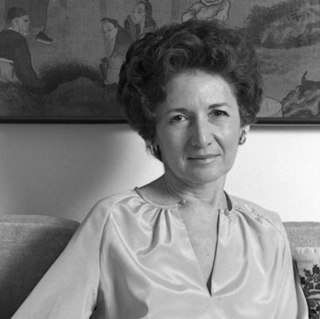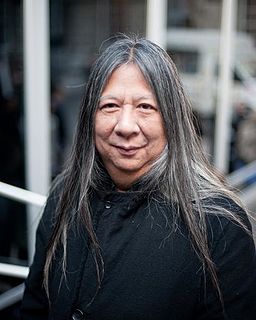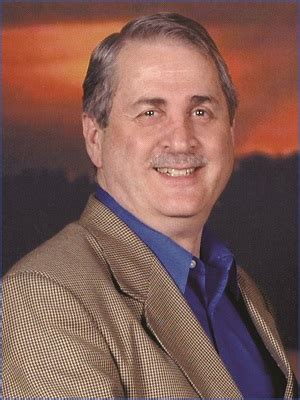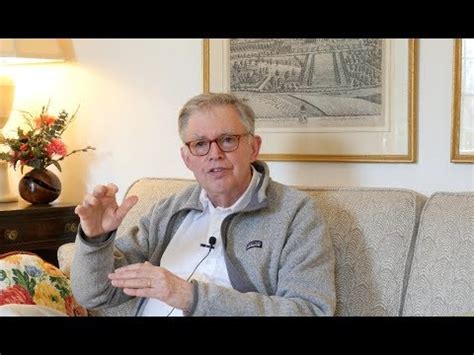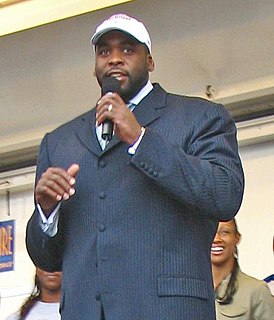A Quote by Ada Louise Huxtable
Today, when so much seems to conspire to reduce life and feeling to the most deprived and demeaning bottom line, it is more important than ever that we receive that extra dimension of dignity or delight and the elevated sense of self that the art of building can provide through the nature of the places where we live and work. What counts more than style is whether architecture improves our experience of the built world; whether it makes us wonder why we never noticed places in quite this way before.
Quote Topics
Architecture
Art
Before
Bottom
Bottom Line
Building
Built
Counts
Delight
Demeaning
Deprived
Dignity
Dimension
Elevated
Ever
Experience
Extra
Feeling
His Way
Important
Life
Line
Live
Makes
More
Most
Much
Nature
Never
Noticed
Our
Places
Provide
Quite
Receive
Reduce
Seems
Self
Sense
Sense Of Self
Style
Than
Through
Today
Us
Way
Whether
Why
Wonder
Work
World
Related Quotes
Yes, we know more than ever before, and it's a wonder that we get to inhabit a world full of driverless cars and 3D printers. But that doesn't mean that we know any more about the essential things in life - love, faith, death - and it would be dangerous to assume we did. The only thing that gets us through sometimes is a proper, humbled sense that we don't have a clue, we can't be sure what's going to happen next and life will always be much larger than our ideas of it.
There is nothing more difficult to outgrow than anxieties that have become useful to us, whether as explanations for a life that never quite finds its true force or direction, or as fuel for ambition, or as a kind of reflexive secular religion that, paradoxically, unites us with others in a shared sense of complete isolation: you feel at home in the world only by never feeling at home in the world.
As humans, we are rarely anything more than children that have let the changes to the size and shape of our genitals convince us that there are more important things in life than wonder and happiness. we call the acceptence of this change 'growing up' and it makes us feel big and powerful in a world that would be no less mysterious to us than it was before if all of the fantasizing that we once used to explore the "unknown" quality of our reality had not become devoted almost exclusively to the notion that we are in control.
The Old Testament contains in many places, but especially in the book of Job, one of the most far-reaching defenses ever written of wilderness, of nature free from the hand of man. The argument gets at the heart of what the loss of nature will mean to us....God seems to be insisting that we are not the center of the universe, that he is quite happy if it rains where there are no people - that God is quite happy with places where there are no people, a radical departure from our most ingrained notions.
People need immediate places to refresh, reinvent themselves. Our surroundings built and natural alike, have an immediate and a continuing effect on the way we feel and act, and on our health and intelligence. These places have an impact on our sense of self, our sense of safety, the kind of work we get done, the ways we interact with other people, even our ability to function as citizens in a democracy. In short, the places where we spend our time affect the people we are and can become.
Some places, because of their spiritual history, are noted to be locations where people will often experience an open heaven. In fact, there are places where the heavens are open more than in other places. Most of you are familiar with previous moves of God in places such as Toronto (The Toronto Blessing), the meetings in Pensacola, and Argentina, just to name a few. Just like in Jacob's day, today, there are certain places where heaven is open, geographical locations where you are more likely to have an encounter with God.
Anyone who has had an experience of mystery knows that there is a dimension of the universe that is not that which is available to his senses. There is a pertinent saying in one of the Upanishads: When before the beauty of a sunset or of a mountain you pause and exclaim, ‘Ah,’ you are participating in divinity. Such a moment of participation involves a realization of the wonder and sheer beauty of existence. People living in the world of nature experience such moments every day. They live in the recognition of something there that is much greater than the human dimension.
Sometimes among our more sophisticated, self-styled intellectuals--and I say self-styled advisedly; the real intellectual I am notsure would ever feel this way--some of them are more concerned with appearance than they are with achievement. They are more concerned with style then they are with mortar, brick and concrete. They are more concerned with trivia and the superficial than they are with the things that have really built America.
In a world in which we are exposed to more information, more options, more philosophies, more perspectives than ever before, in which we must choose the values by which we will live (rather than unquestioningly follow some tradition for no better reason than that our own parents did), we need to be willing to stand on our own judgment and trust our own intelligence-to look at the world through our own eyes-to chart our course and think through how to achieve the future we want, to commit ourselves to continuous questioning and learning-to be, in a word, self-responsible.
The tall building, concentrating man in one place more densely than ever before, similarly concentrates the dilemma of our public architecture at the end of the twentieth century: whether the new forms made possible by technology are doomed by the low calculations of modern patrons and their architects.
There were never a lot of attacks on my work. We were building more parks than were ever built in the city, building more recreation centers, fixing more streets. We had national events, the Super Bowl, the (Major League Baseball) All-Star game, Final Four. We built seven hotels. The city hadn't built a hotel in 20 or more years.
